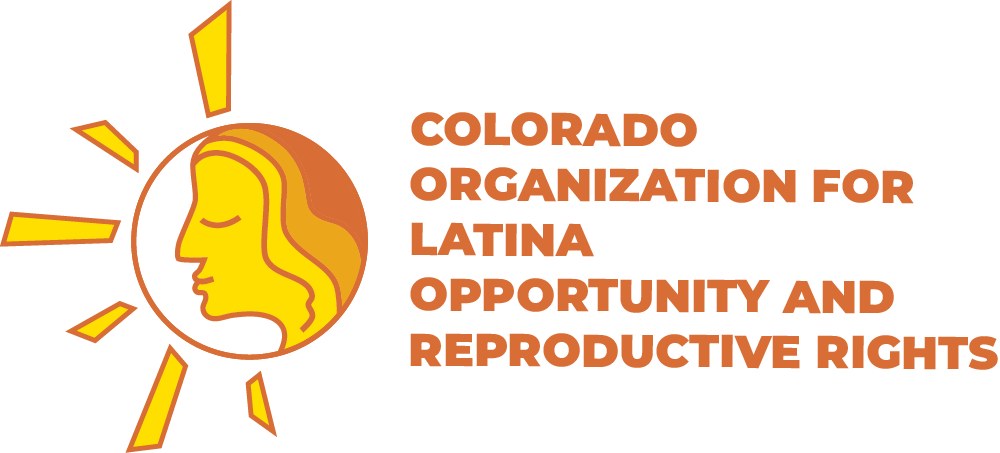The Reproductive Health Equity Act (RHEA) protected the right to abortion in Colorado, but there are still issues of access, misinformation, and inequity that need addressing. The Safe Access to Protected Health Care Package aims to address the opportunities where Colorado can go even further to protect abortion rights, gender affirming care, and the rights of patients and providers, to tackle misinformation in our communities, and make care more affordable by closing gaps in insurance coverage. These bills were created in concert with providers, patients, and community members to ensure that we’re addressing the issues most critical to our communities.
COLOR and New Era Colorado led in the passage of SB23-190, Prohibiting Deceptive Trade Practice of Pregnancy-related Service. Anti-abortion centers (also known as anti-abortion counseling centers, crisis pregnancy centers, or fake clinics) target patients – especially those living near college campuses, living on lower-incomes, and from immigrant, Black, and brown communities – with misleading advertising to intercept and prevent people from seeking abortion care. Anti-abortion centers are documented across the nation as faith-based centers that pose as comprehensive credible reproductive health care providers that actually offer dangerous advice and practices that prevent patients from receiving time-sensitive reproductive care.
It is deceptive for someone who is not a licensed health care provider to attempt to intercept someone who is trying to make a medical appointment, and to schedule them for what they think is a medical appointment, in order to prevent them from receiving the medical care they are seeking.
AACs also market an experimental treatment, the Abortion Pill Reversal, to halt the process of a medication abortion through a course of progesterone that must be taken after the first abortion pill. There is no credible, scientific evidence that a medication abortion can be reversed; therefore, physicians cannot, without misleading them, tell their patients that it may be possible to do so. No abortion provider can force a patient to complete a medication abortion if they do not want to and this law does not require this of anyone. An ethical provider would counsel the patient on their options, and present unbiased information on all possible outcomes and any associated risks. They would not administer an unproven, experimental treatment for which there is no information on risks, doseage, or side effects, and which is denounced by the American Medical Association.
Modeled after a recent and successful Connecticut bill that deemed deceptive commercial speech is not protected under the First Amendment and is , therefore, subject to regulation, will:
- Prohibit the use of deceptive advertising by anti-abortion counseling centers
- Names abortion pill reversal as a deceptive trade practice
- Makes the prescribing, offering or facilitation of abortion pill reversal unprofessional conduct for licensed, registered or certified health care professional
Click here to find abortion care near you and click here to find out if there’s an Anti-Abortion Center in your area.
Our partners at Cobalt led in the passage of SB23-188, Protections For Accessing Reproductive Health Care, which provides strong “shield” legislation to protect patients, providers, and assistors of politically targeted healthcare services—including abortion and gender-affirming care—from interstate criminal and civil threats. After the fall of Roe, states hostile to reproductive rights are not content with prohibiting abortion within their borders; they seek to impose their restrictions on all states. Similarly, we have seen a tremendous uptick in legislation targeting transgender patients and their families. This law shields legally-protected health care patients, providers, and helpers from criminal prosecution and imprisonment; extradition; civil lawsuits; court summons, subpoenas, and arrests; interstate investigations, divulging information, or assistance with investigations; and professional de-licensing and other discrimination.
Our partners at Planned Parenthood of the Rocky Mountains led in the passage of SB23-189, Increasing Access To Reproductive Health Care, which closes several access gaps in coverage related to sexually transmitted infections and abortion care. This law also builds upon COLOR’s work in 2021 that made family planning services free for undocumented immigrants. This bill looks to expand those services to include family planning related services such as STI testing and counseling and cancer screening and counseling, which further closes the gap in health equity for our communities.

